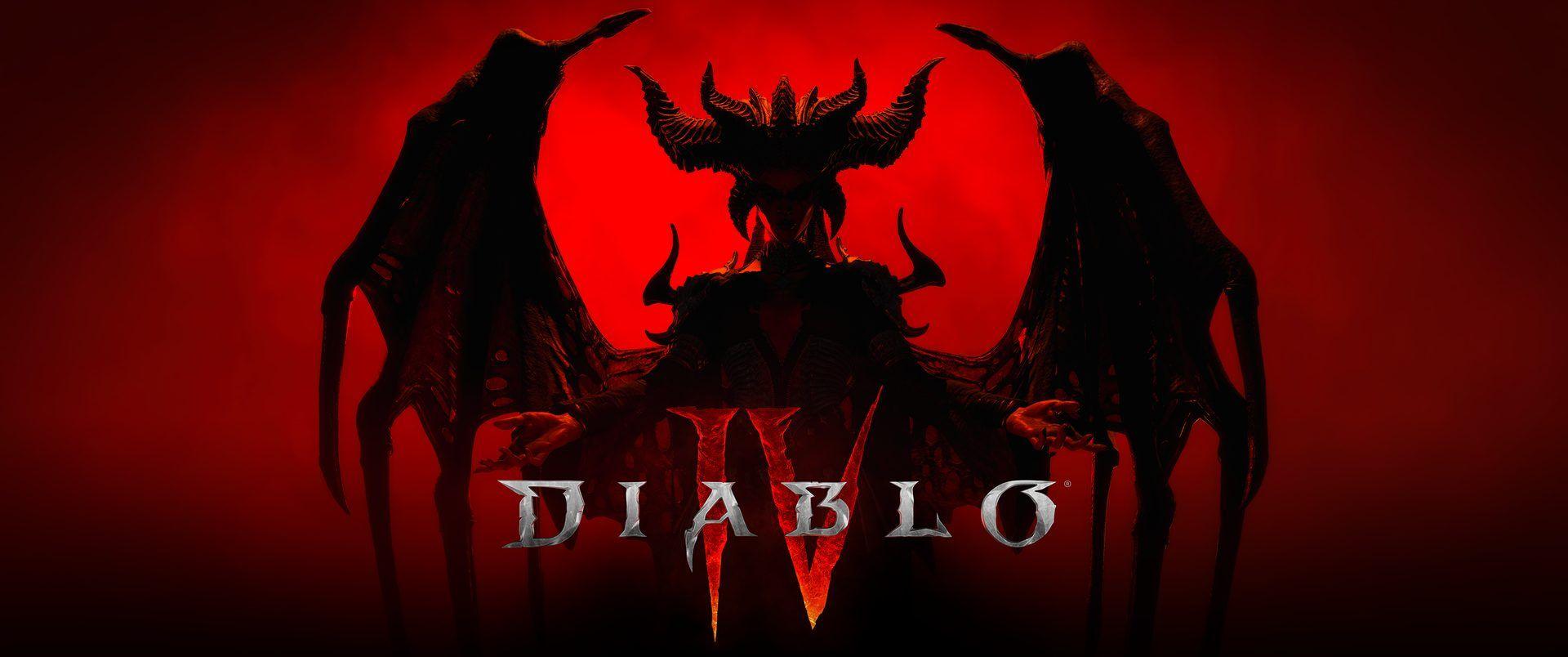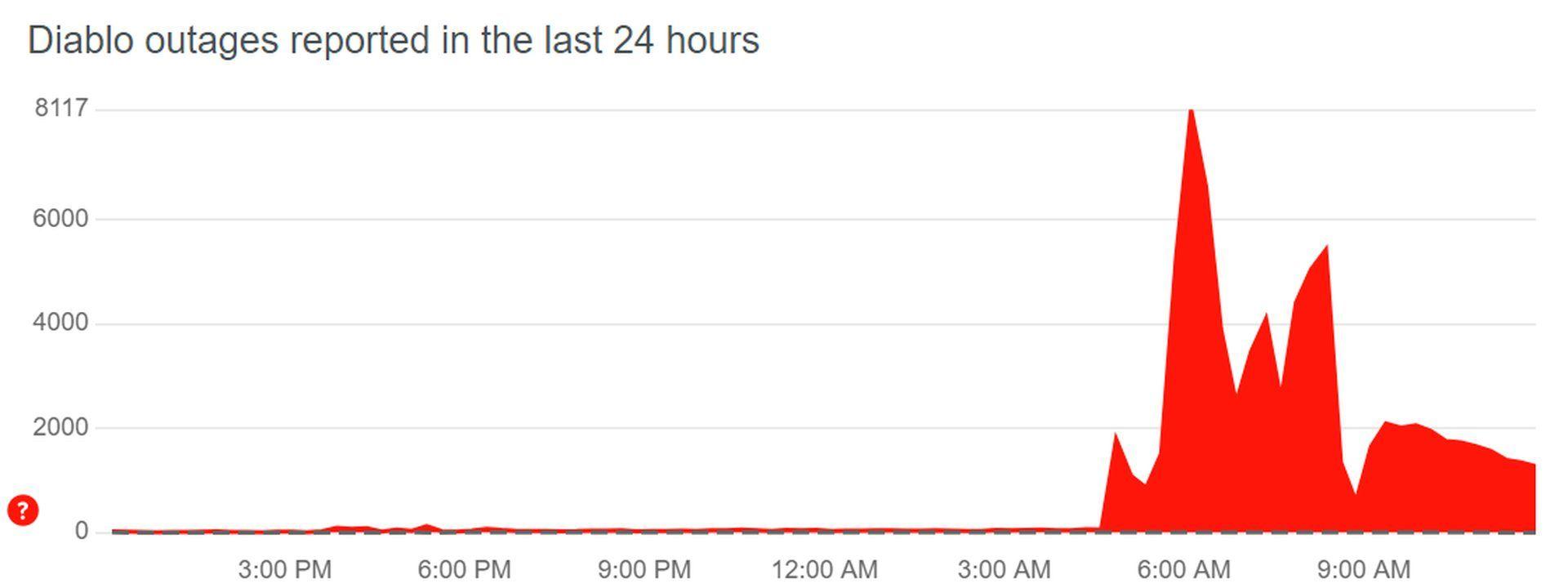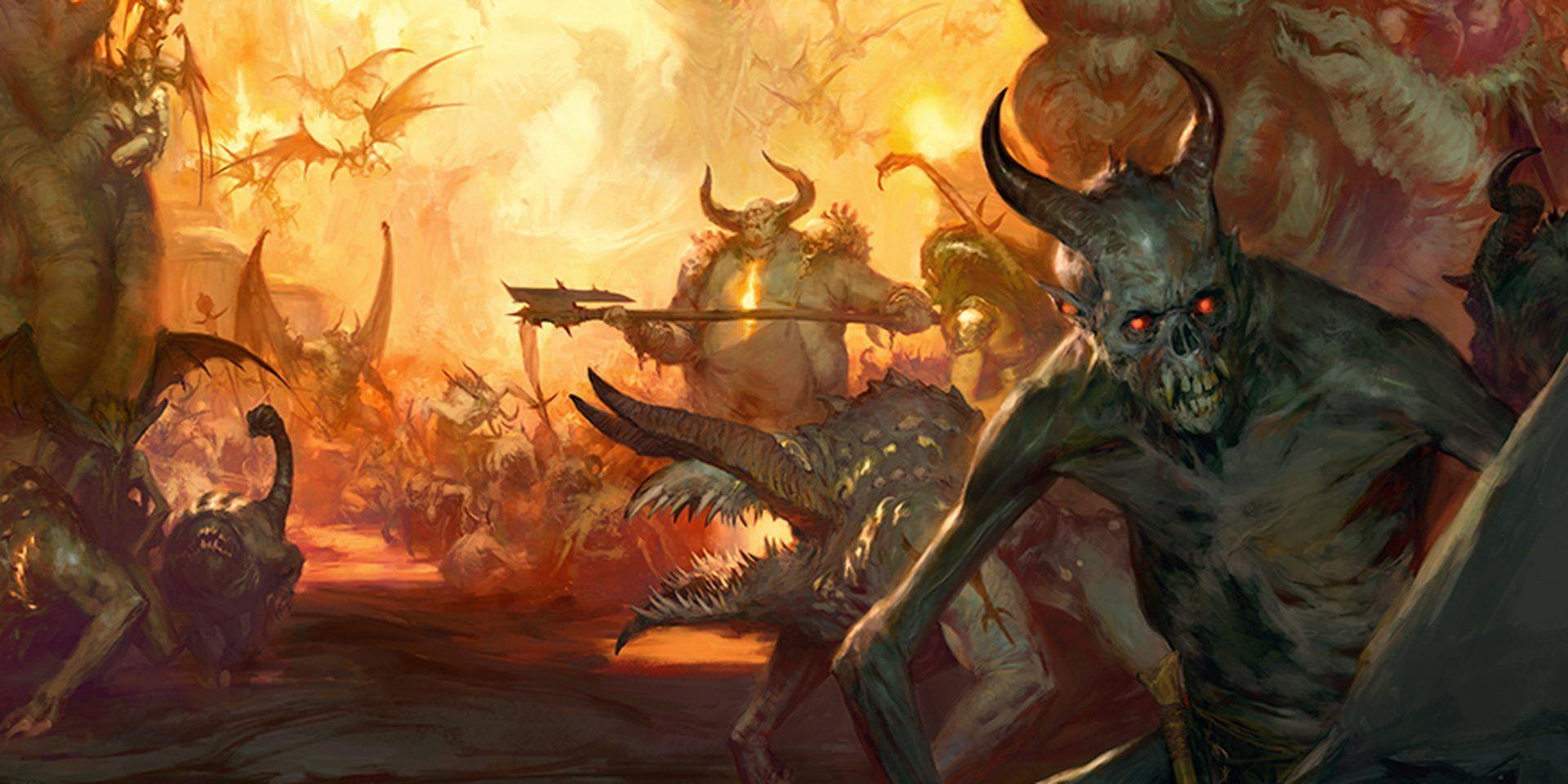Another Diablo 4 DDoS attack hit the game again: Here is what we know right now:
In the realm of online gaming, few titles have captured the hearts and souls of players quite like Diablo. With its immersive dark fantasy world, intense combat, and addictive loot-driven gameplay, the franchise has established itself as a pillar of the genre. However, in recent times, a shadow has been cast over the highly anticipated Diablo 4 as the game finds itself once again under siege from a malevolent force.
On June 25, 2023, players were met with a series of frustrating obstacles, including login issues, excruciatingly long queues, and an overall sense of chaos. While the developers have not yet released an official statement regarding the incident, the Diablo 4 community has come to a haunting realization – their beloved game has fallen victim to yet another debilitating DDoS attack.
[#D4] We are investigating the login issues affecting Diablo IV and working to resolve these as soon as possible. Players may experience queues while we work on the issue.
— Blizzard CS – The Americas (@BlizzardCS) June 25, 2023
Update: Diablo 4 team confirmed the DDoS attack.
“We are currently experiencing a DDoS attack, which may result in high latency and disconnections for some players. We are actively working to mitigate this issue.”
This blog post aims to shed light on the unsettling events that unfolded on June 25th, offering an overview of the reported issues and delving into the significance of DDoS attacks in the gaming industry. By examining the impact of such assaults on the Diablo 4 community and the broader implications they carry, we hope to provide a comprehensive understanding of the situation and foster a dialogue around the growing threat of DDoS attacks in online gaming.
Join us as we explore the aftermath of the Diablo 4 DDoS attack, uncovering the challenges faced by players, the resilience of the community, and the steps that must be taken to ensure a secure and enjoyable gaming experience for all.

Diablo 4 DDoS attack: What is happening right now
The deja vu is all too real for devoted Diablo fans who experienced a similar nightmare during the game’s initial launch. Memories of the past resurfaced as players struggled to connect, their excitement overshadowed by a malicious assault on the servers. Once again, speculation runs rampant across the forums as players share their frustrations, concerns, and suspicions. While official confirmation is still awaited, the overwhelming consensus among the community is that Diablo 4 has fallen prey to another coordinated DDoS attack, leaving players to grapple with the repercussions.
According to Downdetector, the issues started on June 25th around 5 am.

On the comment page, there are statements about the Diablo 4 DDoS attack actually happening. Here are some examples of it:
- “Not yet, message on the login said they’re expecting a Ddos attack”
- “Hahaha the breaking news is telling me they are experiencing a DDoS issue and are working to fix it hahahaha some one finally got sick of the bad loot drops and went postal on the blizzard diablo serv”
- “ddoss attacks confirmed. No timeframe”
We can also confirm the situation with what people search on Google about Diablo 4. At almost the same time as Downdetector’s reports, “Diablo 4 DDos” searches jumped.

So, what to do right now? If a game is experiencing a DDoS attack, it can be a frustrating and disruptive experience for players. While the immediate resolution lies in the hands of the game developers and server administrators, here are some general steps you can take as a player:
- Stay informed: Keep an eye on official communication channels such as the game’s website, social media accounts, or forums for updates from the developers. They will likely provide information about the ongoing attack and steps being taken to resolve it.
- Be patient: Understand that DDoS attacks can be complex and time-consuming to mitigate. The developers and server administrators are working to restore normalcy as quickly as possible. Avoid excessive login attempts or repeatedly refreshing the game, as this can add to the server load and delay the recovery process.
- Stay connected with the community: Engage with fellow players through social media or game-specific forums to share information, frustrations, and support. It helps to know that you are not alone in facing the issue and can offer a sense of solidarity during challenging times.
- Consider alternative activities: If the game remains inaccessible due to the DDoS attack, explore other games, hobbies, or activities to pass the time. It can be an opportunity to try out a different game, catch up on other forms of entertainment, or engage in offline pursuits.
- Report the issue: If the game has a support or customer service channel, report the DDoS attack and any related issues you are experiencing. Provide them with as much information as possible, such as error messages, screenshots, or videos, to help them in their investigation.
If you want the fight the cyber-demons with yourself, you can check how to fix Diablo 4 not working issues. Diablo 4 DDoS attacks serve as a sobering reminder of the evolving landscape of cyber threats in the gaming industry.

The unpredictability of Diablo 4 DDoS attacks leaves players uncertain about the stability and accessibility of the game. Remember, the primary responsibility for mitigating a DDoS attack lies with the game developers and server administrators. As a player, your role is to stay informed, be patient, and support the community until normal gameplay can be restored.
The frequency of Diablo 4 DDoS attacks suggests the presence of adversaries who are relentless in their attempts to disrupt the game. But what are their motivations? If you want to learn it, keep reading and find out!
Games and DDoS attacks, a match made in chaos
The growing threat of Distributed Denial of Service (DDoS) attacks in online gaming poses a significant challenge to both game developers and players alike. DDoS attacks have become more prevalent and sophisticated in recent years, targeting online gaming platforms with increasing frequency. Here’s an overview of the reasons behind this growing threat:
- Competitiveness and rivalry: Online gaming has evolved into a fiercely competitive industry, with millions of players engaging in multiplayer games. As the stakes get higher, some individuals or groups resort to DDoS attacks as a means to gain an unfair advantage over their opponents. By disrupting the game’s servers or flooding them with malicious traffic, attackers can cripple the gaming experience of others, potentially giving themselves an upper hand.
- Financial motives: Online gaming is a lucrative business, with in-game purchases, subscriptions, and virtual economies generating substantial revenue. DDoS attacks can be used as a form of extortion, with attackers threatening to disrupt the game’s services unless a ransom is paid. Furthermore, competitors or rival game developers may employ DDoS attacks to undermine the reputation and financial success of a popular game.
- Impact and visibility: DDoS attacks on high-profile online games garner significant attention due to their large player bases and the potential for media coverage. Attackers seek the notoriety and disruption that comes with targeting popular gaming platforms, aiming to cause widespread frustration and negatively impact the reputation of the game and its developers.
- Availability of DDoS-for-hire services: The accessibility of DDoS-for-hire services, often referred to as “booter” or “stresser” services, has lowered the entry barrier for carrying out DDoS attacks. These services allow individuals with minimal technical knowledge to launch powerful attacks against gaming servers for a relatively small fee. As a result, the number of attackers has increased, amplifying the threat to online gaming.
- Vulnerabilities in infrastructure: Online gaming platforms rely on robust infrastructure and server networks to handle large volumes of concurrent players. However, these complex systems can have vulnerabilities that malicious actors exploit to launch DDoS attacks. Game servers, network infrastructure, or even cloud-based services may be targeted, disrupting the gaming experience for players and potentially causing financial losses for game developers.

To counter this growing threat, game developers and platform operators must invest in robust security measures. These include implementing DDoS mitigation strategies such as traffic filtering and load balancing and working closely with service providers specializing in DDoS protection. Additionally, raising awareness among players about DDoS attacks and promoting good cybersecurity practices can help mitigate the impact of such attacks and maintain a secure gaming environment.
Featured image credit: Diablo 4






